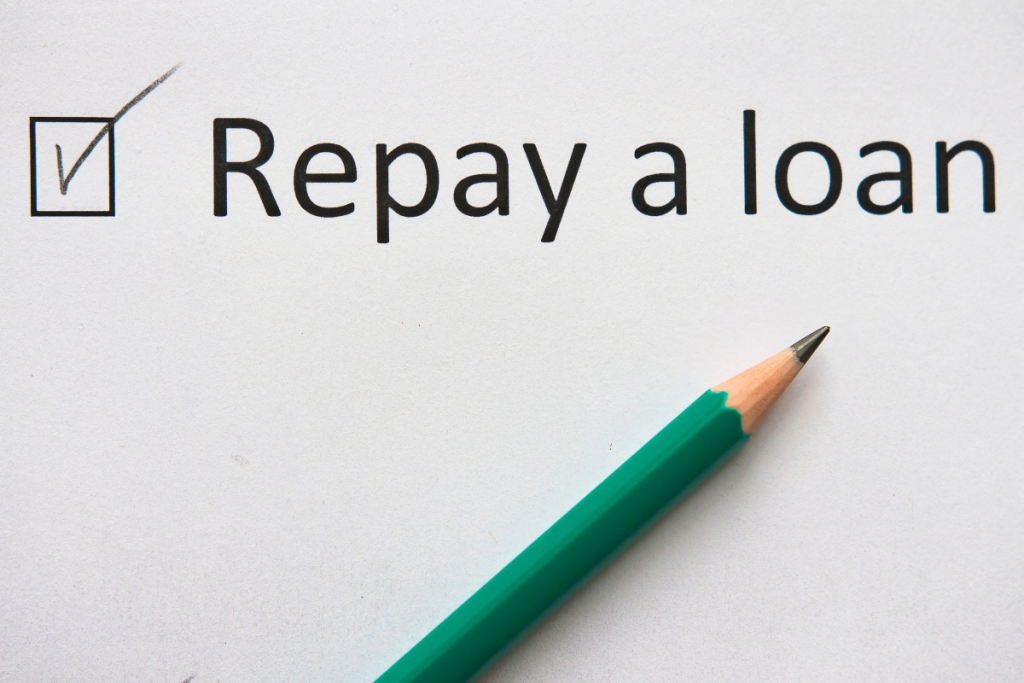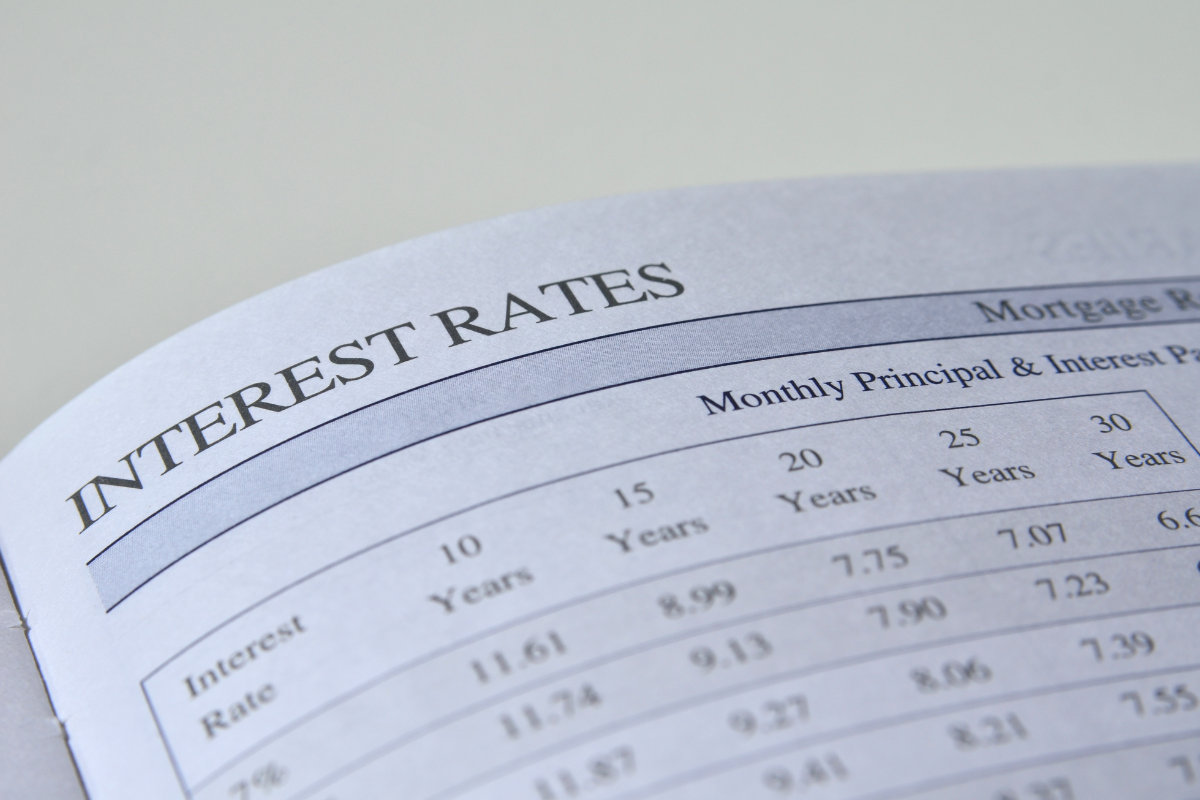Taking out a personal loan can feel like a lifeline—whether it’s to cover unexpected medical bills, manage a sudden home repair, or simply get through a temporary cash flow crunch. In Singapore, where the cost of living is high and financial commitments often pile up quickly, personal loans are a popular tool. But what happens if you find yourself unable to keep up with the repayments?
The reality is that defaulting on a personal loan in Singapore carries serious consequences—financially, legally, and personally. It’s not just about a few late fees; missing payments can snowball into long-term challenges that affect your creditworthiness, mental well-being, and even your legal standing. Still, while default is a heavy burden, it doesn’t mean the end of the road. There are avenues for help, negotiation, and recovery.
Let’s break down what really happens if you don’t repay your personal loan in Singapore, and what you can do if you ever find yourself in this situation.
The Immediate Impact: Late Fees and Rising Interest
The first consequence of missing a personal loan repayment is usually financial. Both banks and licensed moneylenders impose late fees and penalty interest if you fail to make a scheduled payment.
- Banks typically charge a late payment fee, which can range from around S$50 to S$100 per missed instalment. On top of that, the outstanding balance continues to accrue interest—sometimes at a higher default rate.
- Licensed moneylenders, regulated by the Registry of Moneylenders under the Ministry of Law, are capped in what they can charge. By law, late interest cannot exceed 4% per month of the overdue amount, and late fees are capped at S$60 per month.
It may not sound like much at first, but when you’re already struggling, these fees add up quickly. What starts as a single missed payment can balloon into a much larger debt within months, making it harder to catch up.
Example: Imagine you borrowed S$10,000 with monthly repayments of S$500. If you miss two payments with a bank, you might face S$200 in late fees plus additional interest on the overdue amount. With a licensed moneylender, two months of late fees (S$120) plus late interest could push your outstanding sum up significantly.
The Longer-Term Consequence: Your Credit Score Takes a Hit
One of the most damaging outcomes of missing loan payments in Singapore is the effect on your credit report.
All banks and licensed moneylenders submit loan repayment data to the Credit Bureau Singapore (CBS). This information builds your credit score, which is essentially your financial reputation.
- Missed payments are recorded in your credit history.
- Defaults (when a loan is classified as unpaid after repeated missed payments) stay on your record for years.
- Legal actions taken by lenders, such as lawsuits or bankruptcy proceedings, are also reflected.
A poor credit score makes it harder to borrow in the future. Even if you’re approved for loans later, you might face higher interest rates or stricter conditions. Employers in certain industries, such as banking and finance, may even check credit reports during the hiring process, meaning a default could affect your career.
When Lenders Step In: Debt Collection
If late fees and reminders don’t work, lenders may escalate.
1. Banks
Banks typically have in-house collections teams that will call, email, or send letters to remind you of your outstanding loan. If repayment is significantly overdue, the bank may outsource your case to a debt collection agency.
These agencies are not allowed to use harassment or threats. While debt collectors may appear persistent, Singapore law prohibits abusive behaviour. If you experience harassment, you can report it to the police.
2. Licensed Moneylenders
Licensed moneylenders are also permitted to engage debt collectors, but they too must follow the Ministry of Law’s guidelines. They cannot use violence, abusive language, or threats. Licensed moneylenders must operate transparently, and borrowers can lodge complaints with the Registry of Moneylenders if misconduct occurs.
The key takeaway: while calls and follow-ups can feel intimidating, lenders must remain within the boundaries of the law.
The Legal Route: Lawsuits and Bankruptcy
If you continue to ignore repayment obligations, the matter can move into the courts.
Civil Lawsuits
Banks or moneylenders may file a civil claim against you to recover the outstanding amount. If the court rules in their favour, they can obtain a Writ of Seizure and Sale, allowing them to seize assets such as your property or personal belongings to settle the debt.
Bankruptcy Proceedings
If your unsecured debts exceed S$15,000, creditors can file a bankruptcy application against you. Bankruptcy is a serious status in Singapore, carrying restrictions on travel, employment, and asset management. Your name will also be published on the Insolvency Office’s bankruptcy register.
While bankruptcy provides structured debt repayment (through a monthly contribution to the Official Assignee), it also significantly impacts your life. Emerging from bankruptcy usually takes several years, during which your financial freedom is heavily restricted.
Banks vs Licensed Moneylenders: What’s the Difference in Enforcement?
While the broad consequences are similar, there are key differences:
- Banks have more resources to pursue legal action and are more likely to rely on the courts to enforce repayment. Their loan amounts also tend to be larger.
- Licensed moneylenders are bound by stricter caps on fees and interest. They may pursue repayment aggressively, but their ability to impose charges is limited by law.
Both, however, will report your default to the Credit Bureau Singapore, which affects your future borrowing power.
The Emotional and Personal Toll
Beyond the financial and legal issues, debt default takes a personal toll. Many Singaporeans feel a strong sense of responsibility when it comes to money, and falling behind on loans can lead to stress, anxiety, and strained family relationships.
Calls from debt collectors or letters from the bank can feel overwhelming, leading some borrowers to avoid the problem altogether. Unfortunately, ignoring the issue only makes matters worse.
What To Do If You’re Struggling with Repayment
If you feel like you’re slipping behind, the most important thing is to act early. Here are practical steps you can take:
1. Talk to Your Lender
Banks and licensed moneylenders may be open to restructuring your loan, extending your repayment period, or temporarily reducing instalments. They would much rather recover the money slowly than not at all.
2. Consider Debt Consolidation
If you have multiple loans, a Debt Consolidation Plan (DCP) offered by banks may allow you to merge them into a single repayment at a lower interest rate. This option is only available if your unsecured debt exceeds 12 times your monthly income.
3. Seek Help from Credit Counselling Singapore (CCS)
CCS is a non-profit organisation supported by the Monetary Authority of Singapore (MAS). It helps borrowers restructure debts and negotiate with creditors. Many banks accept repayment plans drawn up through CCS.
4. Cut Back and Prioritise
It sounds obvious, but reviewing your budget and cutting unnecessary expenses can free up cash for loan repayment. Even small adjustments—like dining out less or cancelling unused subscriptions—can make a difference.
5. Don’t Turn to Illegal Moneylenders
When in a tight spot, some borrowers are tempted to approach loan sharks. This almost always worsens the situation, as unlicensed lenders charge exorbitant interest and often use harassment. Always stick to licensed moneylenders or banks.
Is There a Way Back After Default?
Yes. While the road may be difficult, many Singaporeans recover from loan defaults with time and discipline. Paying down your debt steadily, even under a restructured plan, improves your credit record gradually. Bankruptcy, while harsh, also allows for eventual discharge and a chance to rebuild.
The key is not to ignore the problem. Facing it head-on, with the help of lenders, credit counsellors, or even supportive family members, can prevent a financial stumble from turning into a lifelong burden.
Final Thoughts

Defaulting on a personal loan in Singapore is serious business. From late fees and a damaged credit score to potential lawsuits or bankruptcy, the consequences can feel overwhelming. But it’s not just about money—the stress and personal toll can weigh heavily too.
Still, default doesn’t mean the end. With open communication, proper financial planning, and the help of organisations like CCS, it’s possible to navigate through difficulties and rebuild your financial footing.
If you ever find yourself unable to repay a personal loan, remember this: the earlier you act, the more options you have. Don’t wait until the debt spirals out of control. In Singapore, there are legal, structured, and supportive ways to find your way back to stability.











